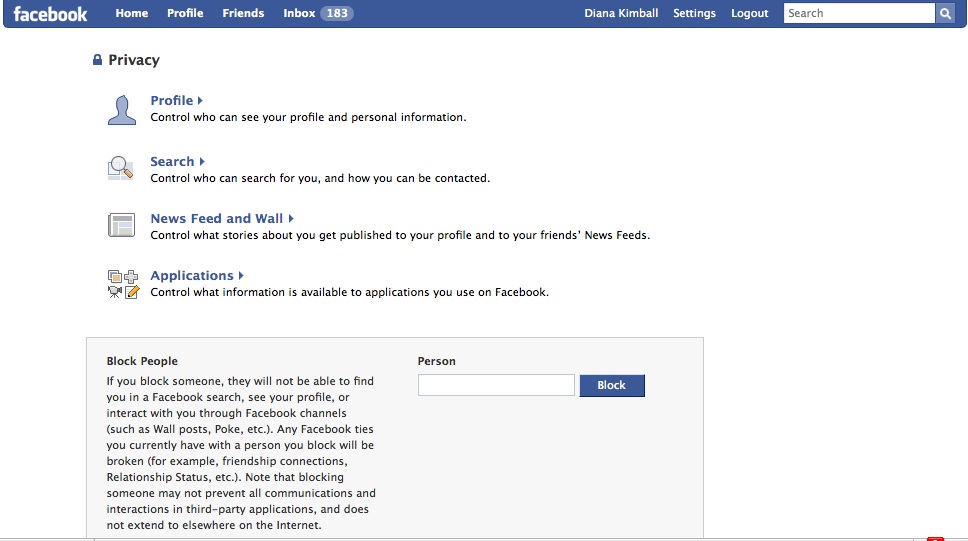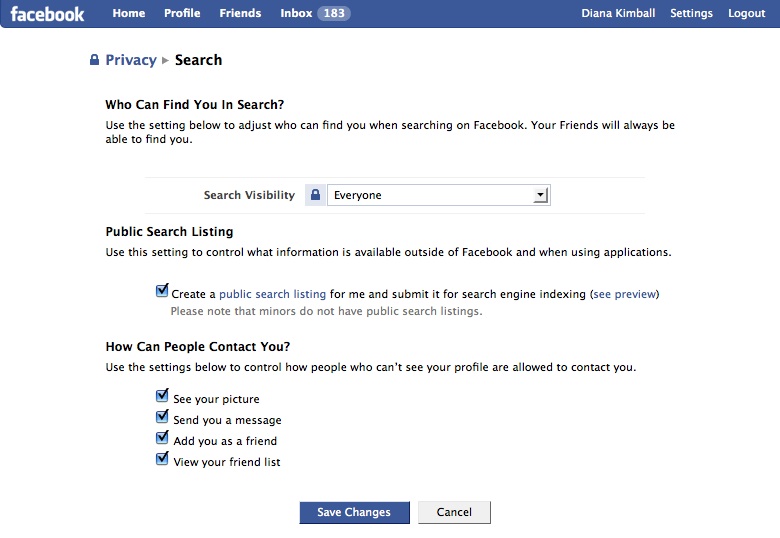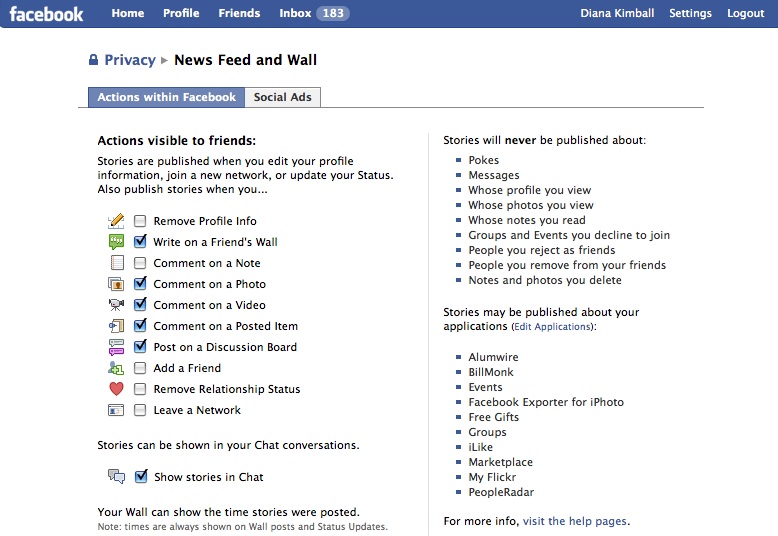Things to Make and Do: ‘Fresh Brain’ and the Community Conundrum
Comments: 0 - Date: October 14th, 2008 - Categories: Creativity, Learning, Opportunities
This week’s theme is creators, and it’s one of my favorites: I love thinking about the ways that incredibly simple tools empower young people (empower everyone, really) to create or comment upon art, and find their audiences, and grow as artists and critics. So yesterday, I plugged simple search terms into simple search engines—”mashups,” “teens,” and finally “teen video mashups.” The first link, out of 172,000, just happened direct me to project I can’t believe I’ve never heard of: Fresh Brain.
Setting aside its vaguely zombie-tastic name, Fresh Brain seems like an amazing venture. It’s a nonprofit aiming to “[enhance] the education and development of our youth in the areas of business and technology by providing hands-on real world experience.” via The site is still in beta, but it seems to be modeled as a sort of 21st-century digital manual on “Things to Make and Do.”
Accordingly, Fresh Brain is divided into projects. In fact, the link I followed in the first place led me to a a single page for the “Teen Video Poetry Project.” The project instructions direct the teenager to “write a poem about something important to you, shoot or mashup video that relates to the poem, add your voice over reading the poem with optional music background and special sound effects.” Instead of projects requiring sewing machines and scrap paper and mounds of felt, today’s rainy-day activities encourage Digital Natives to explore digital tools and use them toward creative ends. It’s a great idea, and a great resource for parents, teachers, and students alike.
What I’d like to explore for a minute, though, is the relative quiet of the website as it currently stands. In spite of an entire section of Fresh Brain devoted to “Community,” the forums have been silent for over 7 weeks; the blog posts are sparse, and seem to come primarily from one or two people. Clearly, the staff of Fresh Brain recognize that half the fun of creation is showing your work to a big audience. And a “community,” however elusive that term may be, can provide that built-in audience—consider, for instance, YouTube. Fresh Brain is building a space, filling it with resources, and seeding it with good ideas. But nothing will happen there unless Digital Natives choose to spend their time on the site.
Ultimately, I don’t think that’s the most important thing here. I truly believe that Fresh Brain’s most important role is to provide a point of entry for Digital Natives who are ready to make the leap from consumer of digital content to creator. If the creations go elsewhere, filling up channels on YouTube and photostreams on Flickr, then that’s proof of success—not of failure. The goal of Fresh Brain, as far as I can tell, is to help teens grow and then to send them off into the world with a greater sense of their own creative agency. If the site is bare, that only indicates that people are by and large finding what they need. And that is a good thing; worth, even, the sacrifice of an engrossing and everpresent “community.” Sites that aim to make millions off of advertising are motivated to lock Digital Natives into walled gardens. Sites that aim to educate Digital Natives are motivated to let them leave as quickly as possible, equipped with new tools and a new sense of possibility.
If you do take a look at the site, we’d love to hear what you think. What project ideas would you add to the site? What do you think of the importance of “community” for creators? What things have you made and done online?












